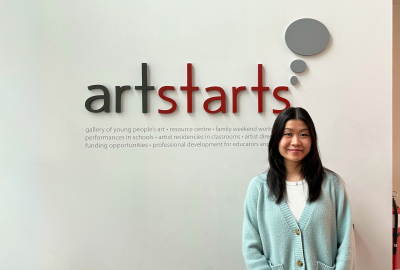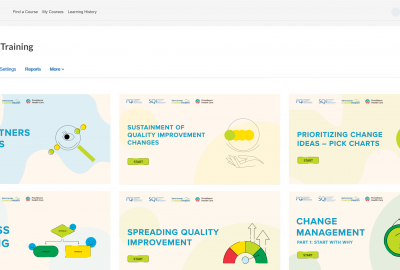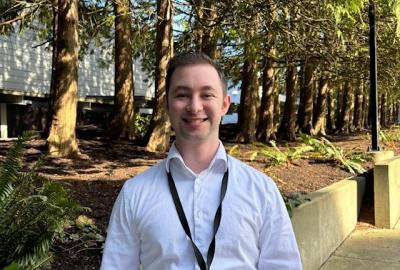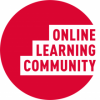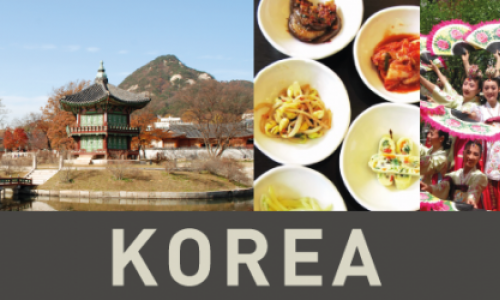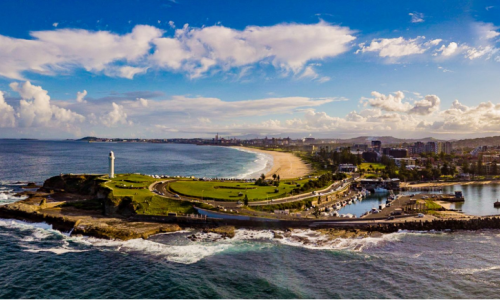
Did you ever think that adapting your resume could help you get that job overseas? On October 9th, 2007, SFU Career Services hosted an International Resumes workshop, featuring two experts who gave their advice on seeking employment outside of Canada. Kate Jennings (SFU International) and Amy Lee (International Cooperative Education) provided practical tips and information on applying for jobs overseas. Among the topics covered was how to customize your resume to maximize your appeal to international employers - here are some helpful tips and tricks from the workshop to keep in mind.
The presenters noted that you should not be put off if an international company asks for a CV -- it's really the same thing as a resume. You should include all of the usual information, but with a more international focus. For example, instead of listing your workplace location as Burnaby, BC, you should also include the country where you worked (because Burnaby means nothing to an employer in France!). It is important to indicate any international experience that you may have already, even if it's just traveling. Be sure to consult SFU International if you're applying for a job in a specific country, as different countries handle resumes somewhat differently. For example, in Germany, academic information is usually featured prominently in a CV, and it is signed at the bottom. Did you know that in Japan, it is even common fare to include a picture and information on your marital status?
There are numerous ways to access international job opportunities. Internships are one great way to gain international experience. You can either do a Co-op term overseas, or find a position through an international internship agency such as IYIP (International Youth Internship Program, sponsored by the Federal government) or AIESEC. Try accessing international job boards such as workingoverseas.com, or sites like Going Global which is now available to SFU students. Make sure you do your background research on the companies first, and if you use their personal websites, ensure they are legitimate.
There are also many humanitarian and international development organizations that you can connect with for work and volunteer opportunities, depending on your field of interest. Of course, dont forget about any extended family overseas who can be a great network for you to access - make contact with them and hint that you are looking for work!
If you are serious about gaining some international experience, there are a few things for you to keep in mind. Where do you want to travel? Is there a specific type of work (career-related or otherwise) that you want to be doing, or are you flexible? How long do you want to stay abroad? What are your expectations for this experience? Are you able to get a working visa for the country of your choice?
Working and volunteering overseas can be a very rewarding experience. Just remember to tailor your resume, have realistic expectations and do your research using the plethora of resources that are available to you.
Beyond the Blog
-
Consult the new SFU International website for more information on working or studying overseas, and contact a Co-op Coordinator to learn more about international internship opportunities.

